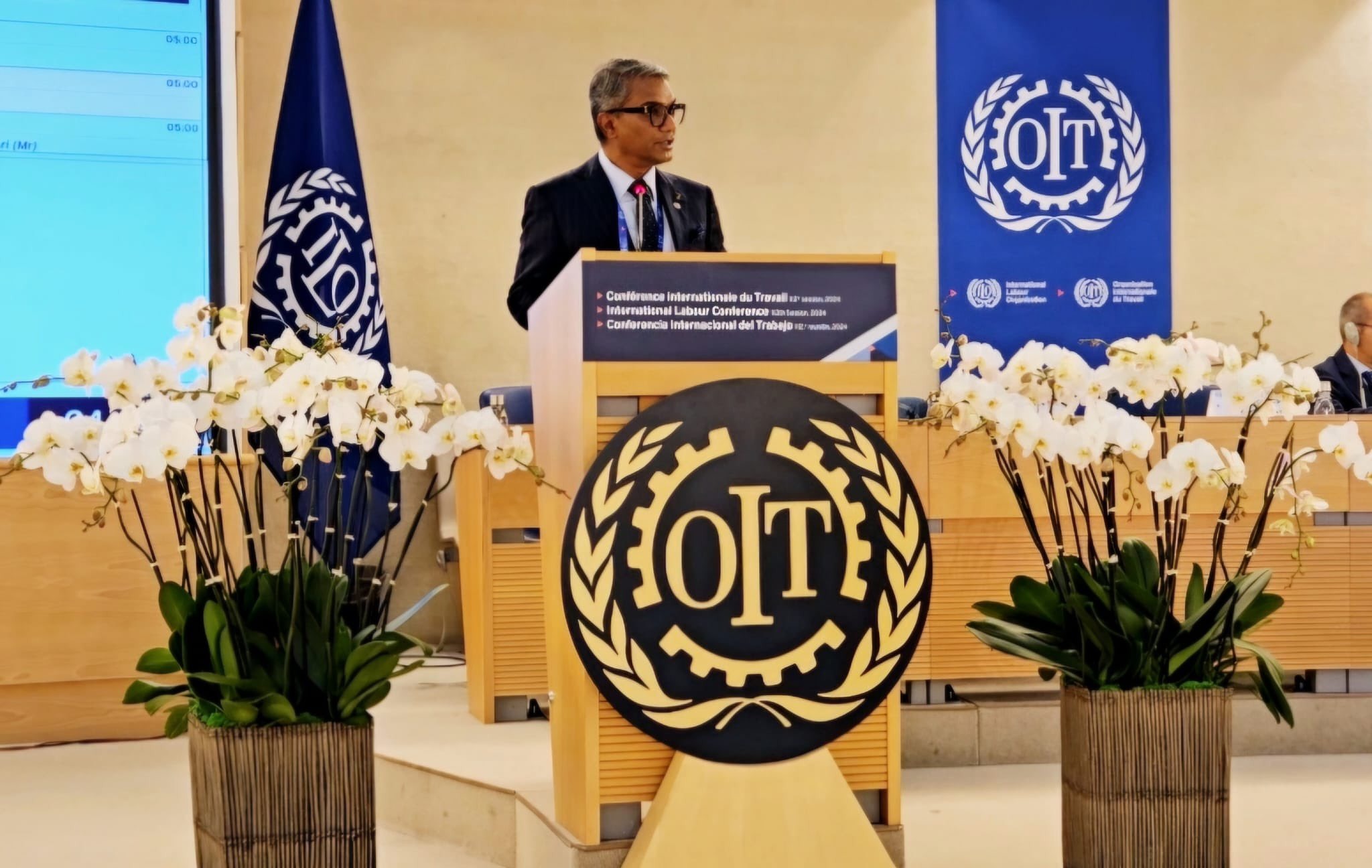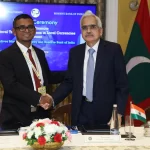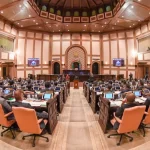GENEVA — With transformative changes upending the world of work, the leader of the Maldives’ biggest employers’ group called for an inclusive process of social dialogue to reframe the implicit “social contract” and create a more socially just future for workers, including migrant workers. At the same time, he stressed that investment in training and upskilling the local labor force remains essential.
Mohamed Ali Janah, president of the National Federation of Maldivian Employers, made those points in an address to delegates at the 112th International Labor Conference on Wednesday. “Now more than ever, our shared efforts are imperative for responding to intersecting challenges,” he told the gathering in Geneva.
Mr. Janah portrayed small island developing states like the Maldives as being on the “forefront of these plural crises.” He said the effects of climate change pose an existential threat to workers across the archipelago’s key industries. “As an archipelago nation, we in the Maldives, are clear-eyed about the threats posed by climate change to all workers,” he said. “Many of our industries, from tourism and fisheries, to emerging sectors including communications and construction, are vulnerable to climate change-related disruptions.”
Yet he also saw opportunities in “the transition towards a more sustainable economy,” through areas like “sustainable practices, conservation and renewable energies.”
Mr. Janah embraced a call by the I.L.O’s director general for using social dialogue to “reframe our social contract” as “the cornerstone of a human-centered response to transformative change.”
“We welcome the Director-General’s report, with its timely focus on the social contract as the foundation of just societies, and the capacity of the social contract to deliver social justice through decent work,” he said.
Mr. Janah argued that any redesigned social contract must extend its benefits to groups that have been “on the fringes of existing social contracts,” including migrant workers.
“The Maldives has relied on the significant contributions of migrant workers, with the size of our labor force otherwise being constrained by our demographics,” he said. “Employers have an important stake in expanding the labor pool and bringing diversity and much-needed skills, especially in sectors and industries where it is difficult to retain or access local talent.”
At the same time, he stressed that “investment in training and upskilling the local labor force remains essential.”
Throughout his speech, Mr. Janah returned to the pivotal role he believes social dialogue – substantive discussions among governments, employers and workers – must play in forging a new social compact.
“The I.L.O., with its unique tripartite structure, embodies the potential for multilateralism to work together towards these worthy objectives,” he said. “Over the past century, the I.L.O. has relied on this essential tool of social dialogue to address collective challenges.”
“Against a backdrop of turbulence and transformation,” Mr. Janah concluded, “a reaffirmed commitment to inclusive social dialogue remains at the very core of our shared ability to address the shared challenges of today.”












